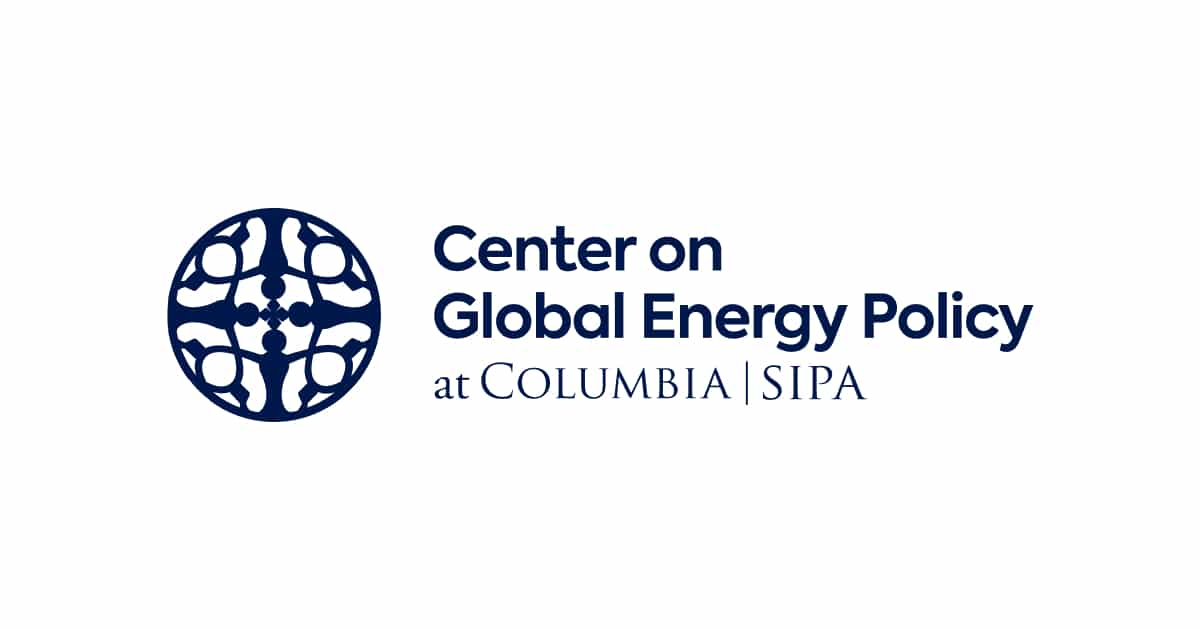The report offers a “roadmap that the world can follow to avoid increasingly dangerous and irreversible climate impacts, while minimizing harms to biodiversity and food security. It translates the Paris Agreement’s 1.5°C temperature limit into 2030 and 2050 targets across sectors that account for roughly 85% of global GHG emissions — power, buildings, industry, transport, forests and land, food and agriculture — as well as those focused on the scale-up of technological carbon removal and climate finance. The report then assesses collective global progress and highlights where action must urgently accelerate this decade to limit warming to 1.5°C.”
The report discusses how we are facing “two seemingly irreconcilable truths in today’s battle against climate change.”
1) We are deep in the climate emergency.
This year’s State of Climate Action finds that “only one of the 42 indicators of sectoral climate action assessed—the share of electric vehicles in passenger car sales—is on track to meet its 2030 target. It finds that global efforts to limit warming to 1.5°C are failing across the board, with recent progress made on every indicator — except electric passenger car sales — lagging significantly behind the pace and scale that is necessary to address the climate crisis. ”
A few indicators have “shown a concerning slowdown of progress or worsening of trends, such as in the case of dramatically reducing deforestation, eliminating fossil fuel subsidies, and increasing public climate finance. For example, the level of global coal and gas use is still incompatible with a 1.5°C warming pathway and, in 2021, public financing for fossil fuels increased sharply, with government subsidies, specifically, nearly doubling from 2020 to reach the highest levels seen in almost a decade.”
2) We are seeing spectacular gains that are surprising even optimists.
“Just in the last twelve months, new developments have been outstripping the expectations of experts from even a few years ago.” And there has been some progress made in certain sectors. For example the “solar buildup increased exponentially in 2022, power generation costs of solar photovoltaics and onshore wind and battery storage costs have declined rapidly in the past decade, and some experts are projecting that emissions from the power sector may have peaked in 2022.”
The report says “we must embrace both: our collective failure to address climate change thus far, as well as our exponential progress in some sectors. The window to reach our climate goals is rapidly closing, but we have learned that many of the solutions we need can spread even more quickly than we previously imagined.”
It also states that the report seeks to answer three questions.
- What does the latest climate science indicate is required for each sector of the economy?
- How is our collective performance stacking up against these 1.5°C-aligned targets?
- And where are we seeing positive exponential change that we can build on?
An assessment of the global progress toward 2030 targets showed that:
- One indicator assessed exhibits a recent historical rate of change that is at or above the pace required to achieve its 2030 target.
- For 6 indicators, the rate of change is heading in the right direction at a promising but insufficient pace to be on track for their 2030 targets.
- For 24 indicators, the rate of change is heading in the right direction at a rate well below the required pace to achieve their 2030 targets.
- For 6 indicators, the rate of change is heading in the wrong direction entirely.
- For 5 indicators, data are insufficient to assess the rate of change relative to the required action.




